Don’t be drug mules – South Asian community tells truckers
BRAMPTON, Ont. – The CBC web drama series The 410 depicts the struggles of a young South Asian woman who is trying to get her trucker-turned-drug-trafficker father out of jail.
The three-part series was inspired by true events in Canada’s trucking hub, where actor-writer-director Supinder Wraich grew up in a trucking family.
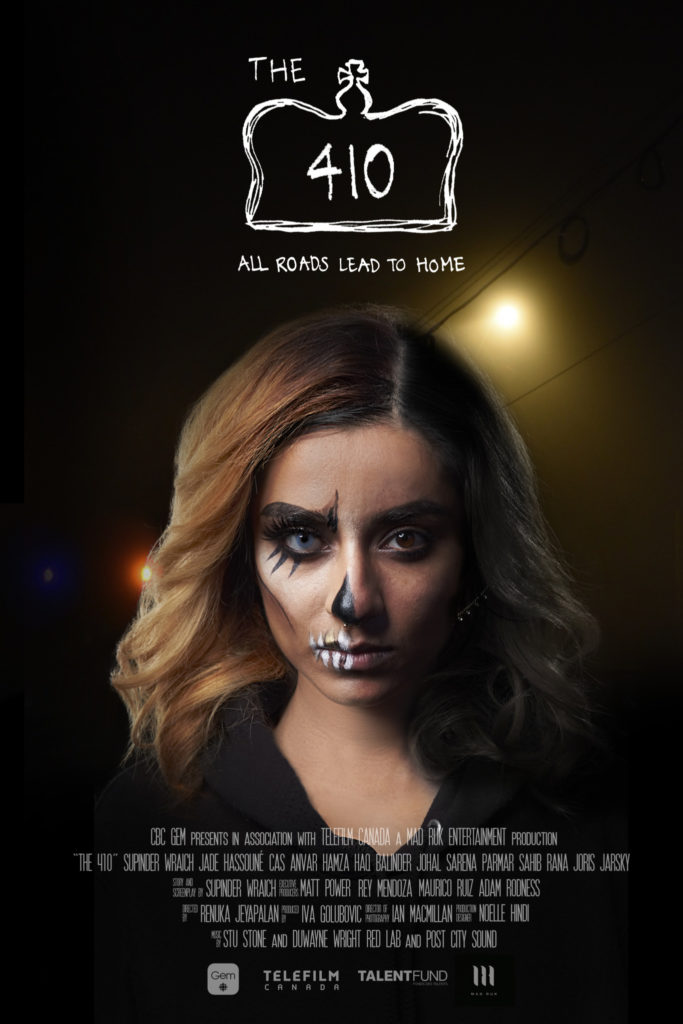
“When somebody goes to prison for something like this, or goes to the courts for something like this, it’s not just a toll on that person. It’s a toll that extends to their family,” Wraich said in an interview from Los Angeles, Calif., where she is working on a new project.
“And, the products that they’re bringing in destroy lives on a much more significant scale.”
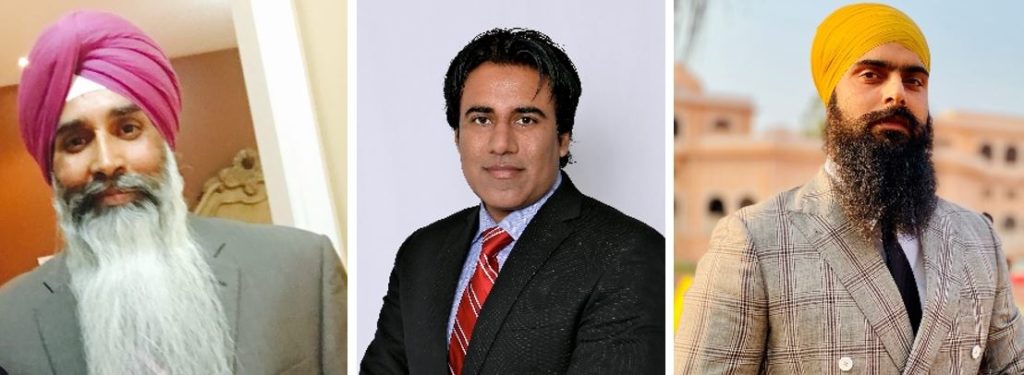
Community leaders are well aware of the extent of the problem, and because of that, they were not surprised when news broke this month of yet another drug case involving South Asian truck drivers.
For years, they have been trying to raise awareness about the perils of drug trafficking, but they believe tougher penalties are needed to fight the menace.
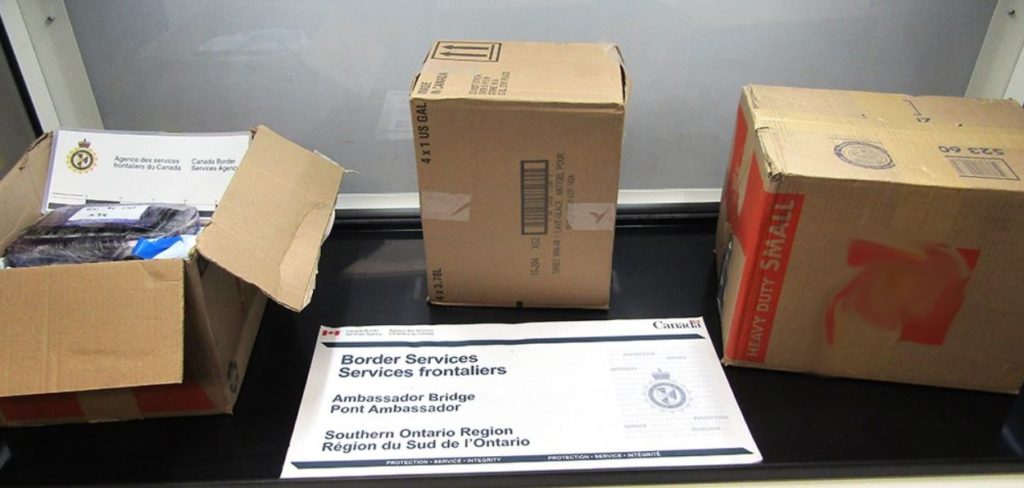
In the latest case, two team drivers, 26 and 31, were arrested at the border crossing point in Windsor, Ont., with suspected cocaine worth $4.8 million.
So, why are young truckers risking their lives to engage in drug trafficking?
“If I can be very blunt, it’s plain greed.”
– Parmanand Prashad of Prashad Law Office in Mississauga, Ont.
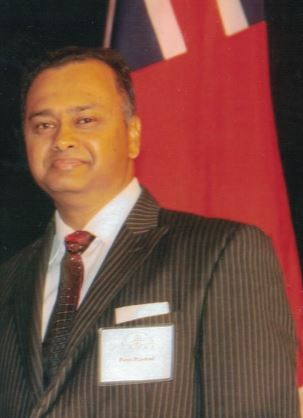
“If I can be very blunt, it’s plain greed,” said Parmanand Prashad of Prashad Law Office in Mississauga, Ont.
Prashad has handled dozens of drug cases involving truckers on both sides of the Canada-U.S. border.
“People want to make fast money. A lot of times, they’re approached by other people who, you know, are looking for someone with a clean driving record because they figure these guys will get less inspection or scrutiny at the border,” Prashad said.
Drug mules typically get $5,000 to $10,000 per trip, he said.
In most cases, the suspects are paid to bring drugs either from the U.S., or take drugs back to the U.S.
And, Prashad believes most are willing participants in the crime.
“It would be highly unusual for a major trafficker to use an inexperienced truck driver. Typically, they’re not going to put a shipment of that size in a truck with a driver who has never done this stuff before.”
Lure of quick money
South Asian community leaders say they are frustrated because they are dealing with a group of people who want to get rich quick, and brag about it to relatives back home.
“They have been here for just one or two years, but they want to buy big homes and expensive cars – now,” said Dharampal Sandhu, an owner-operator and founder of the Drug Awareness Society of Toronto.
“I have been here for 30 years, and worked hard to buy a home. But these people, they don’t have that kind of patience. They want it now.”
Deepak Punj of the South Asian Trucking Association of Canada (SATAC) agrees.
He said the main reason why young people are lured into the drug trade is materialism.
“They think this is a race. If their cousin has a Rolls-Royce, they want to have a Bugatti… They want to take short cuts to make a quick buck.”
– Deepak Punj of the South Asian Trucking Association of Canada.
“They think this is a race. If their cousin has a Rolls-Royce, they want to have a Bugatti… They want to take short cuts to make a quick buck,” he said.
Punj is using his talk show on the Punjabi-language Frontline Radio to educate the youth about drugs.
Jagroop Singh, president of the Ontario Aggregate Trucking Association (OATA), said it was disheartening to hear of more arrests.
While OATA members don’t even cross the border, Singh is worried about the overall negative image the arrests would create.
“This is really bad. They are doing it for easy money. That is the only reason I can think of,” he said.
Singh said if someone wants to choose trucking as his career, then that person should be ready to work hard.
“You can’t get rich overnight.”
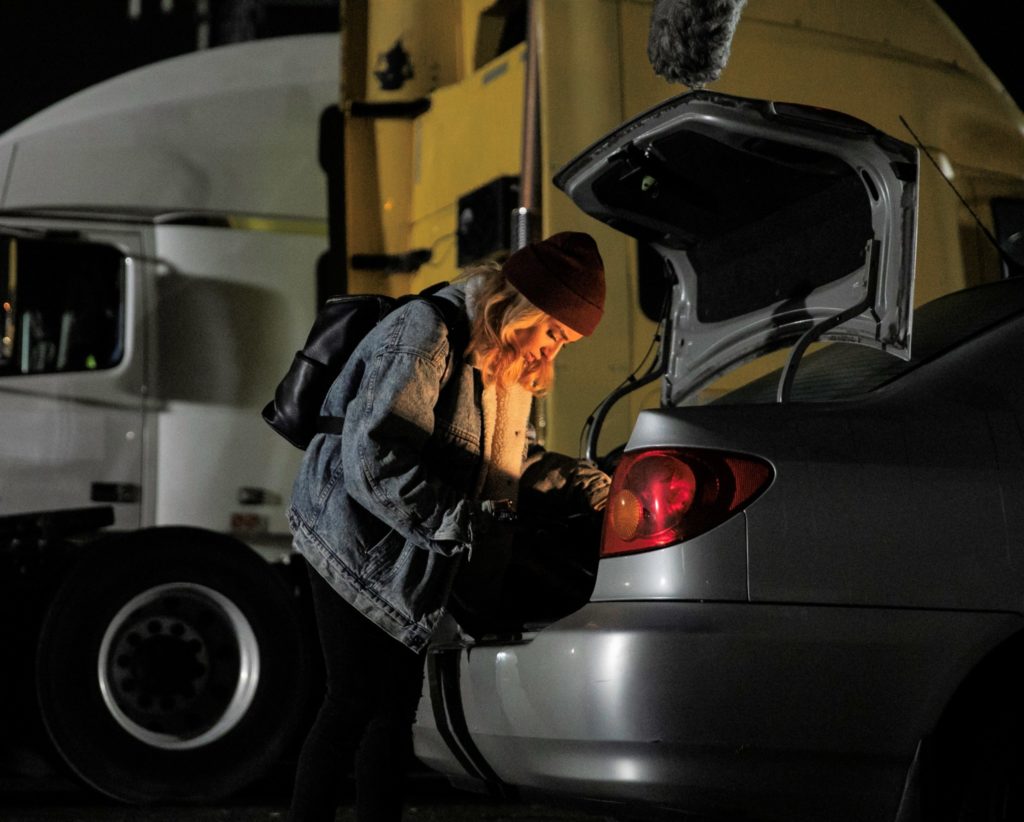
Lenient justice system
All three community leaders agree that Canada needs to toughen its laws against drug trafficking if the country really wants to make any headway in the fight against drug abuse.
“I can understand getting bail for the first time, but not second and third for the same crime. Why?”
– Dharampal Sandhu, founder, Drug Awareness Society of Toronto.
“I can understand getting bail for the first time, but not second and third for the same crime. Why?” asked Sandhu.
After sentencing in the U.S., Canadian citizens can seek prison transfer to serve their sentence in Canada, said Prashad, the lawyer.
“If you’re getting 10 years (in the U.S.), you’re spending pretty close to 10 years because you don’t get paroled early for good behavior,” he said.
In Canada, Prashad said, people are released after they spend about a third of their sentence.

Message: Just don’t do it
The community leaders and Prashad say their message to the drivers is, stay away from drugs.
“Just don’t do it. The reward is not worth the risk,” said Prashad.
“Even if you make a couple of hundred thousand dollars, it becomes meaningless when you’re sitting in a U.S. jail for several years,” he said.
“Your family life gets destroyed in the process. Do not do it.”
Still Wraich, the star of The 410, believes that the traffickers are victims of their circumstances.
“I’m reticent to villainize anybody, or their actions, because as an artist, I’m always trying to understand their perspective.”
– Actor-writer-director Supinder Wraich.
“I’m reticent to villainize anybody, or their actions, because as an artist, I’m always trying to understand their perspective.”
In his 1987 movie Wall Street, Michael Douglas as Gordon Gekko lectures a group of stock brokers that greed is good, greed is right and greed works.
In Brampton, young South Asian truckers are finding out that the opposite is true, but for many of them, that realization has come too late.
Have your say
This is a moderated forum. Comments will no longer be published unless they are accompanied by a first and last name and a verifiable email address. (Today's Trucking will not publish or share the email address.) Profane language and content deemed to be libelous, racist, or threatening in nature will not be published under any circumstances.
Yes most of people in trucking they want to make easy and quick money . They target those driver who always talk about expensive car and house or new driver or they always find person who was in difficult situation & help them after some time ask them can you favour me but how fast this bad money cums that fast it goes back
Learned a long time ago….if it’s not worth a million, it’s not worth doing
The laws in Canada are to easy on drug dealers. Drug dealers are murderers. They kill kids teens and all ages of people. They get busted for selling 100thousandsdollers of drugs .law gives them house arrests. They should get 25years in jail
Good story, but where are all these drugs coming from? That’s where the focus should be…
Hi. Truckers, do not do the dirty work for drug traffickers by being mules. Respect your job, save a lot and at the right time, God will open the flood gate of heaven for you. Look back from where you came from, and where you are now can’t you be thankful to God, and people of Canada, than to be ungrateful to them by indulging in trafficking in drug A big shame to such truckers. SAY no to drugs.
-
Beautifully written
An interesting read! Despite their greed, one feels for the drivers who are mere pawns of the drug mafia.
Perhaps an inspection agency to monitor the cargo while loading on both sides of the border, would keep illegal activities in check.
Counselling sessions for drivers with spouses/partners are required for awareness of the perils of arrest and jail terms.
Once they get their hooks into you, you’re history. You can’t say no more to them.
They may say ok, but they’ll gladly throw away some drugs so you get arrested at the border based on a tip Customs receives so you become an example to other foolish mules looking for a quick buck.
Any jail is not a nice place to be and you’ll never get a job driving after that.
stay away from drugs